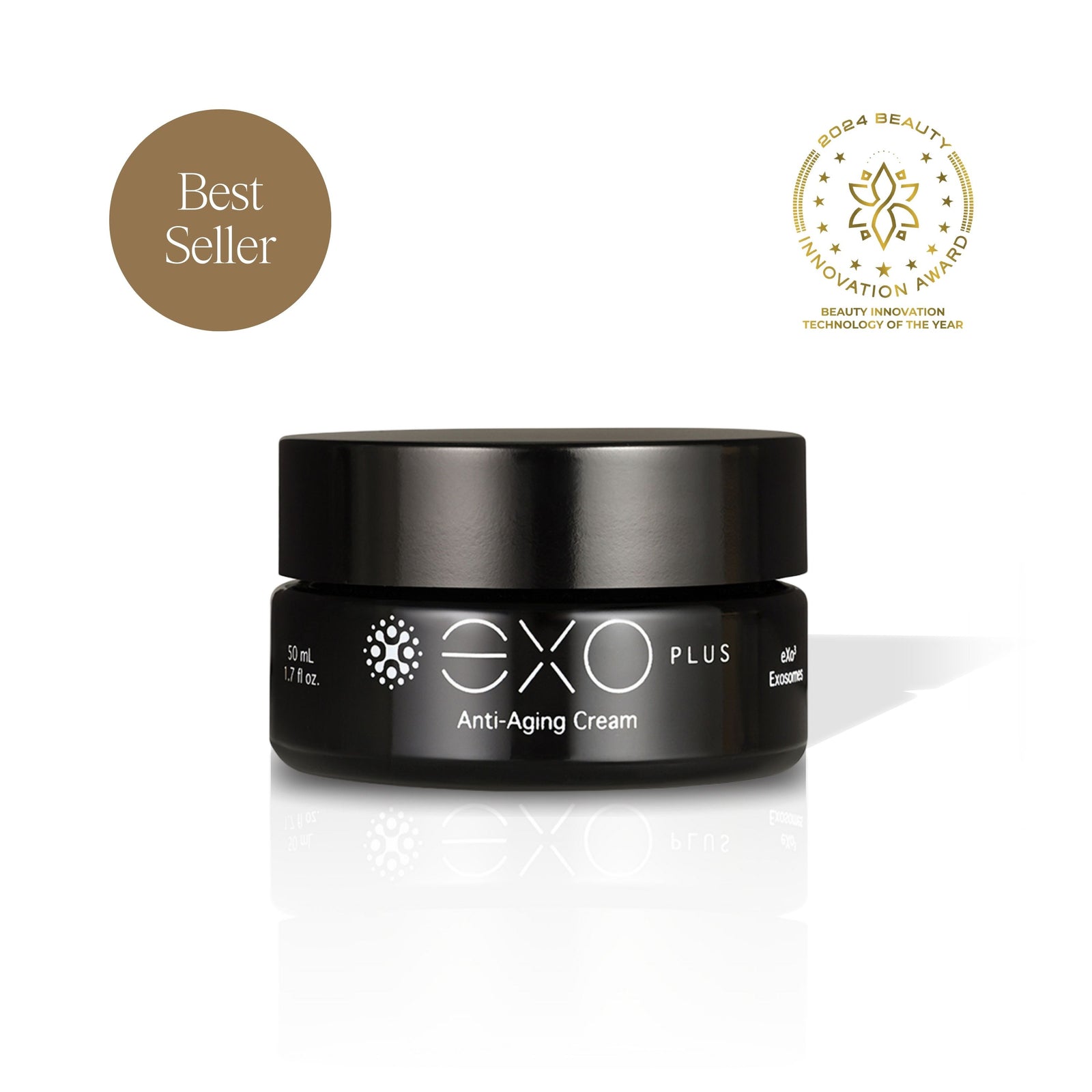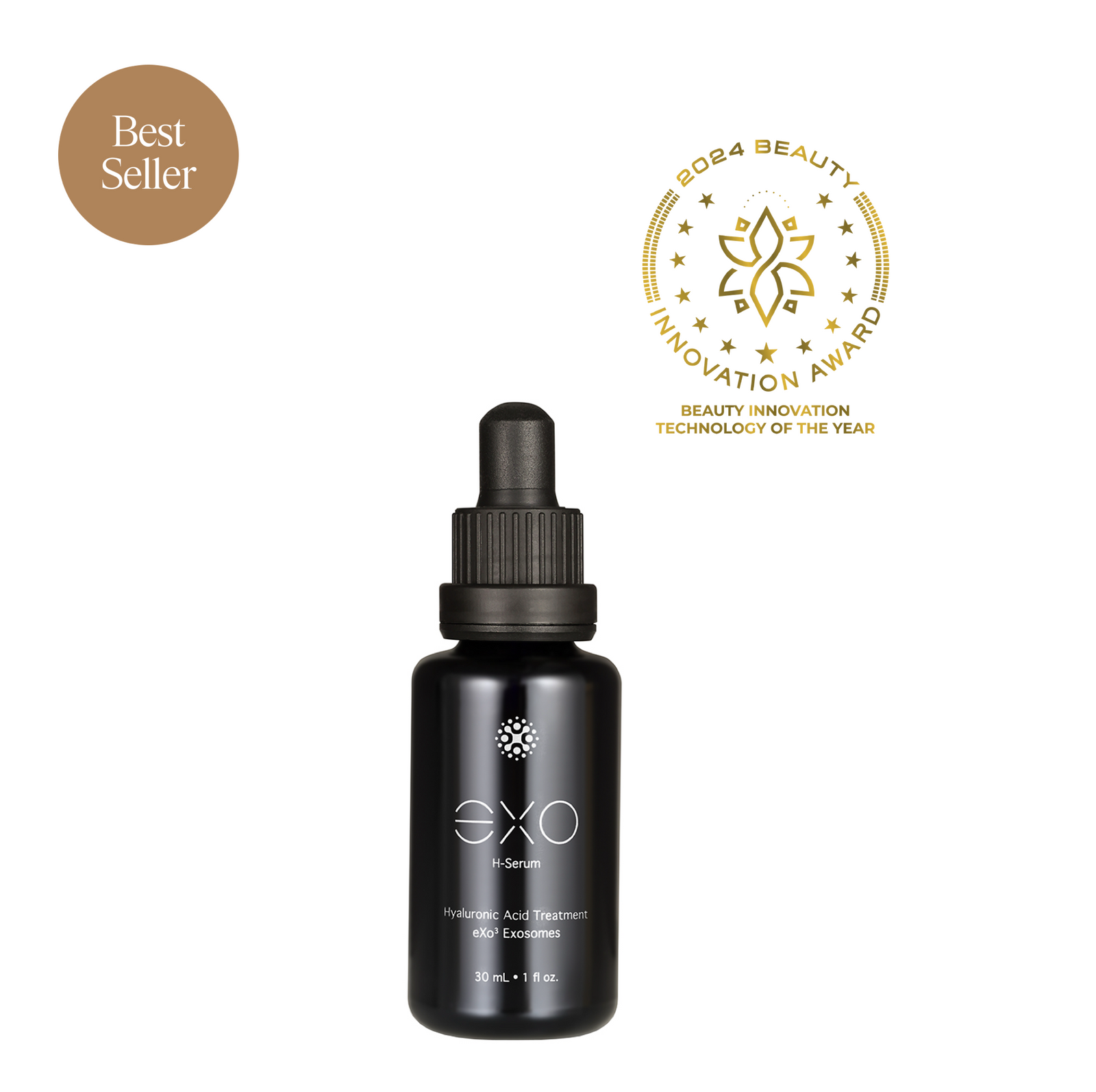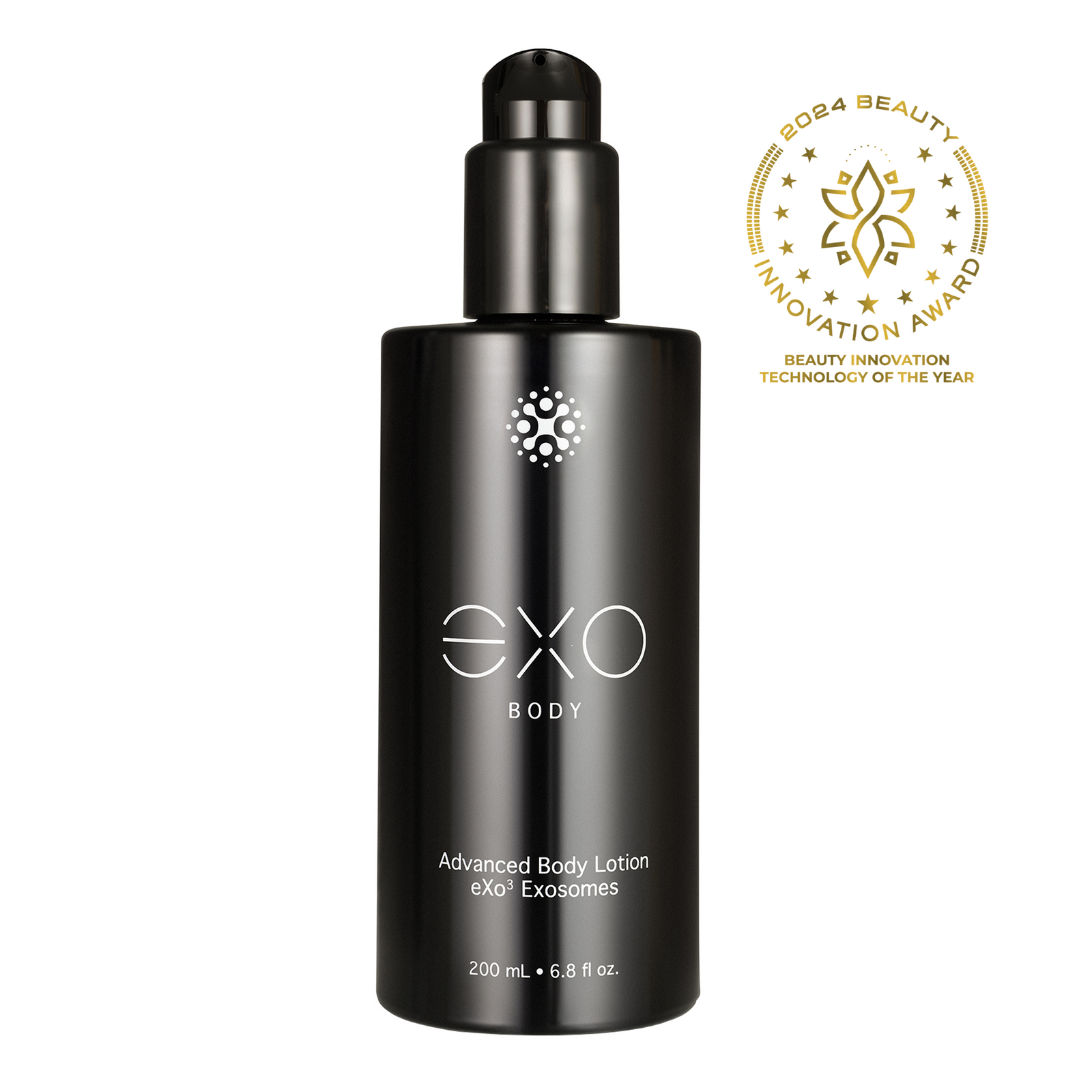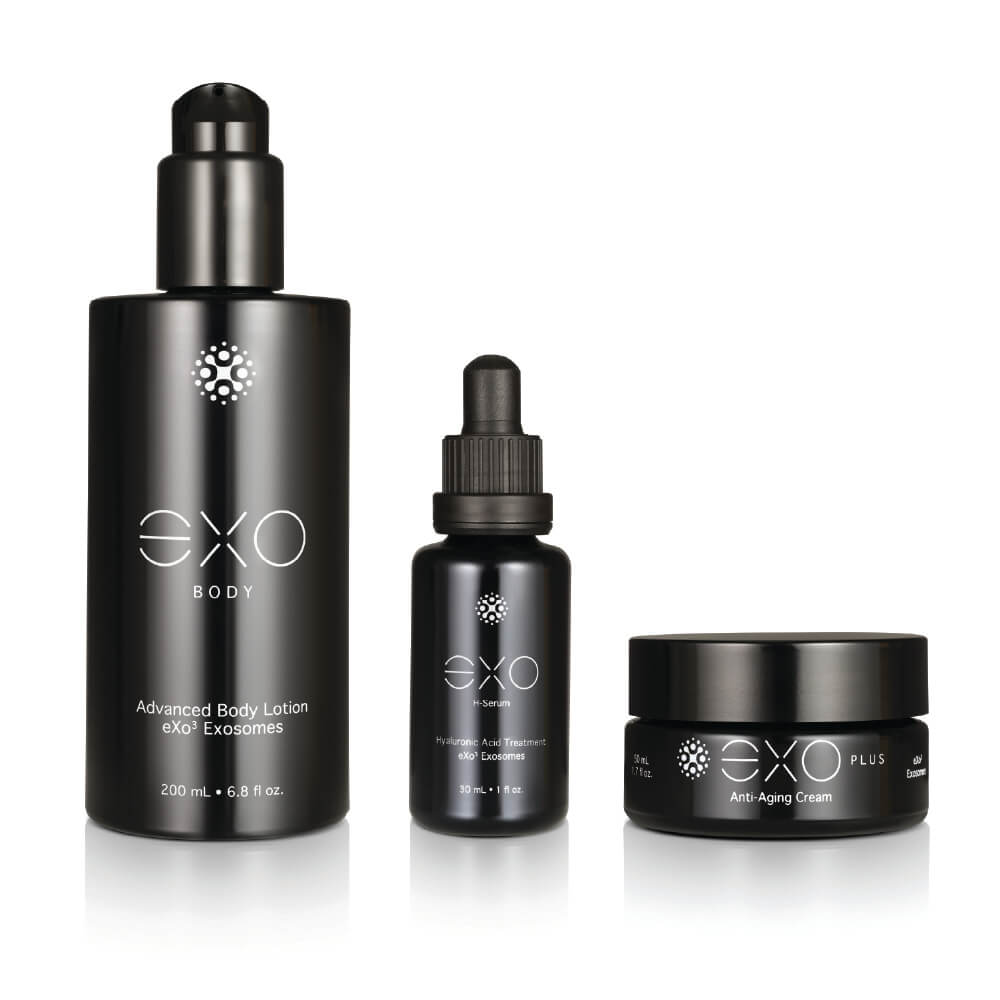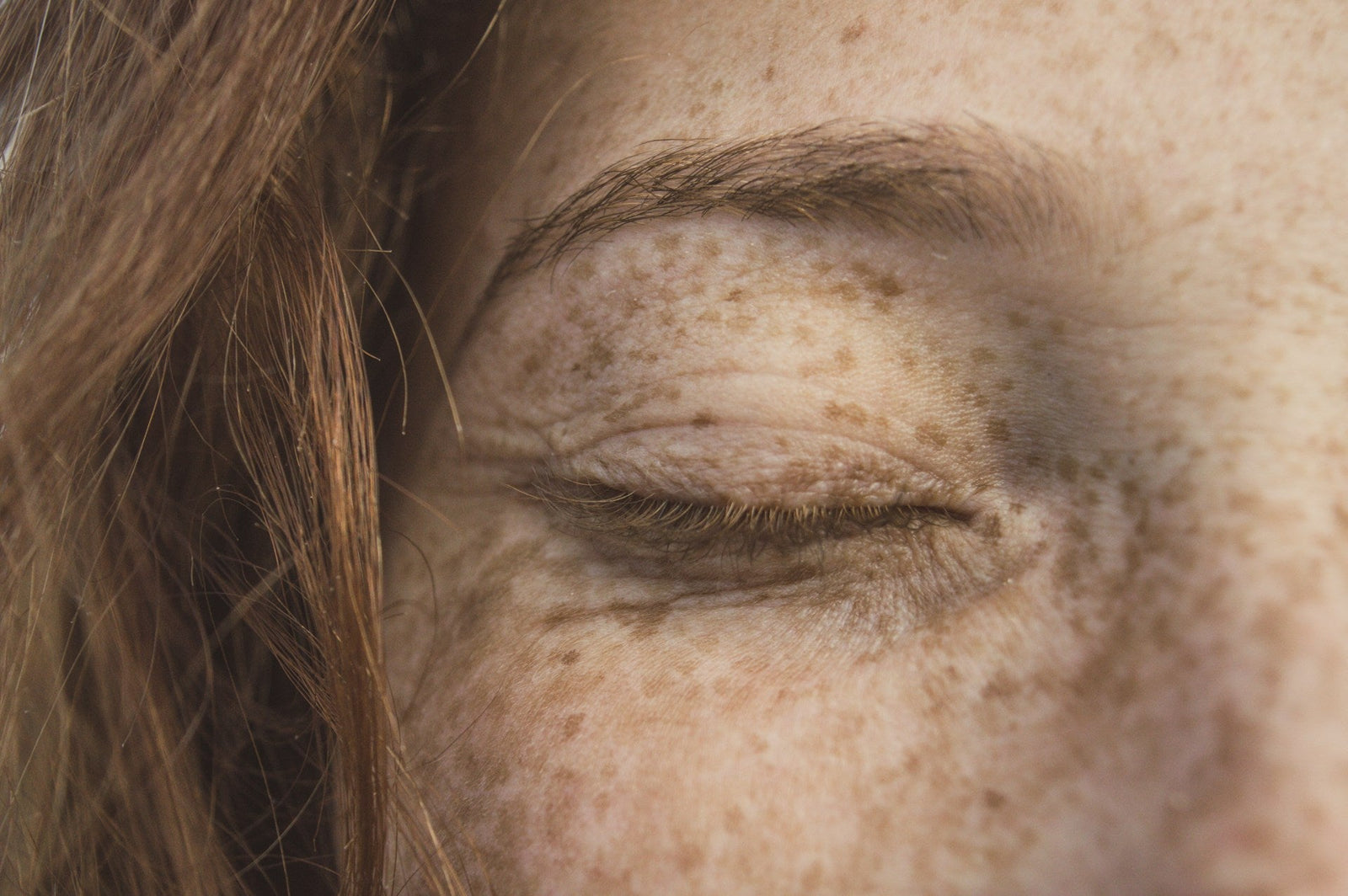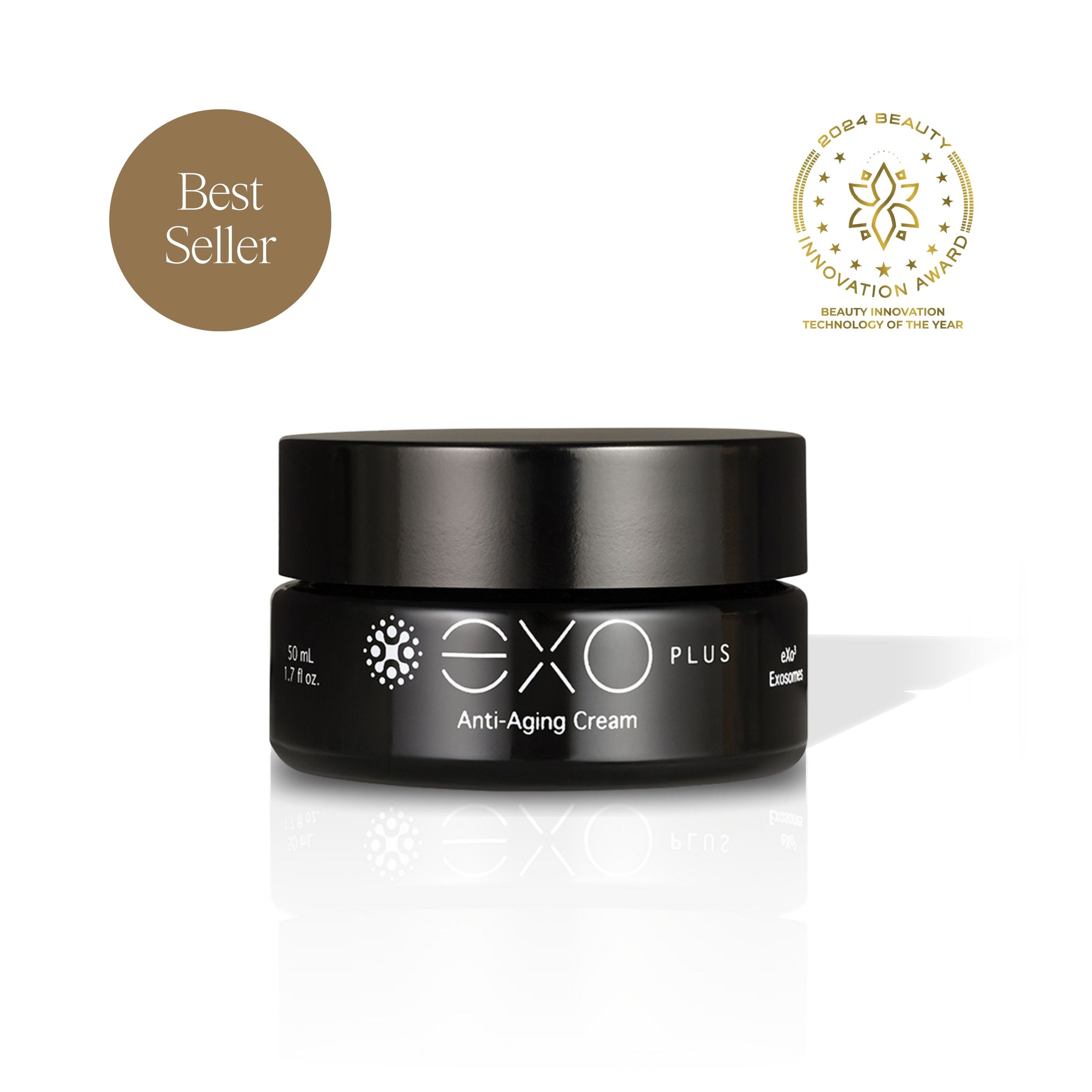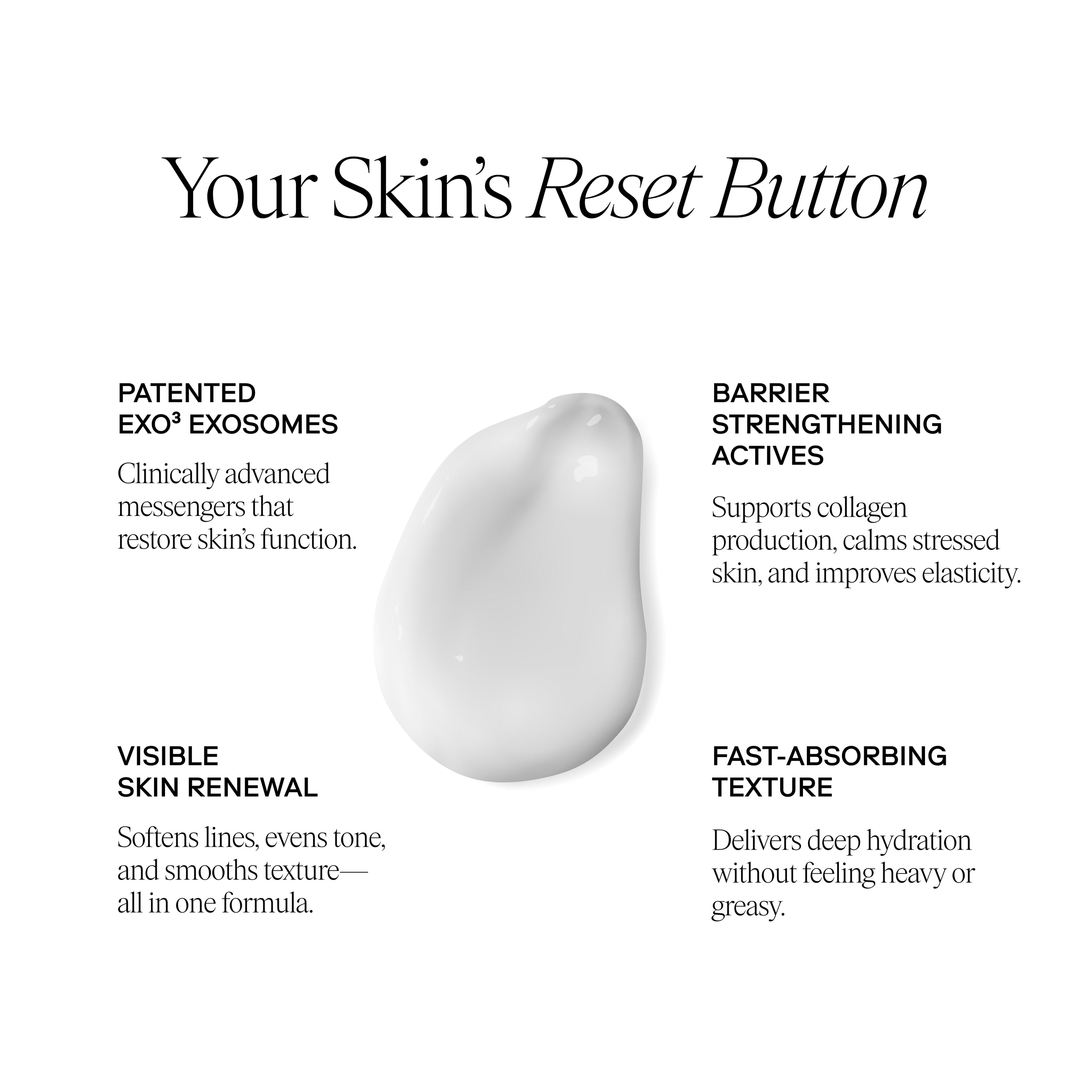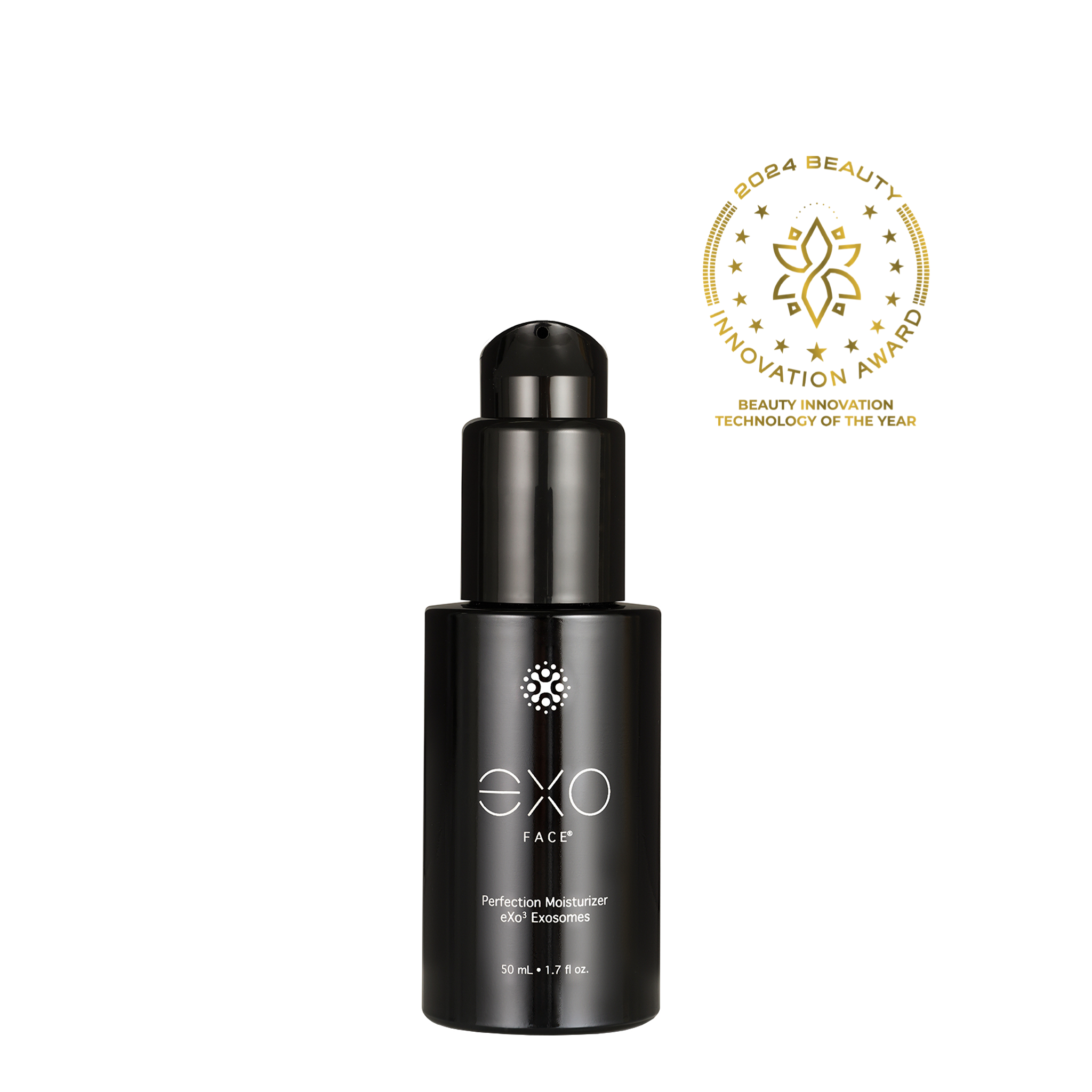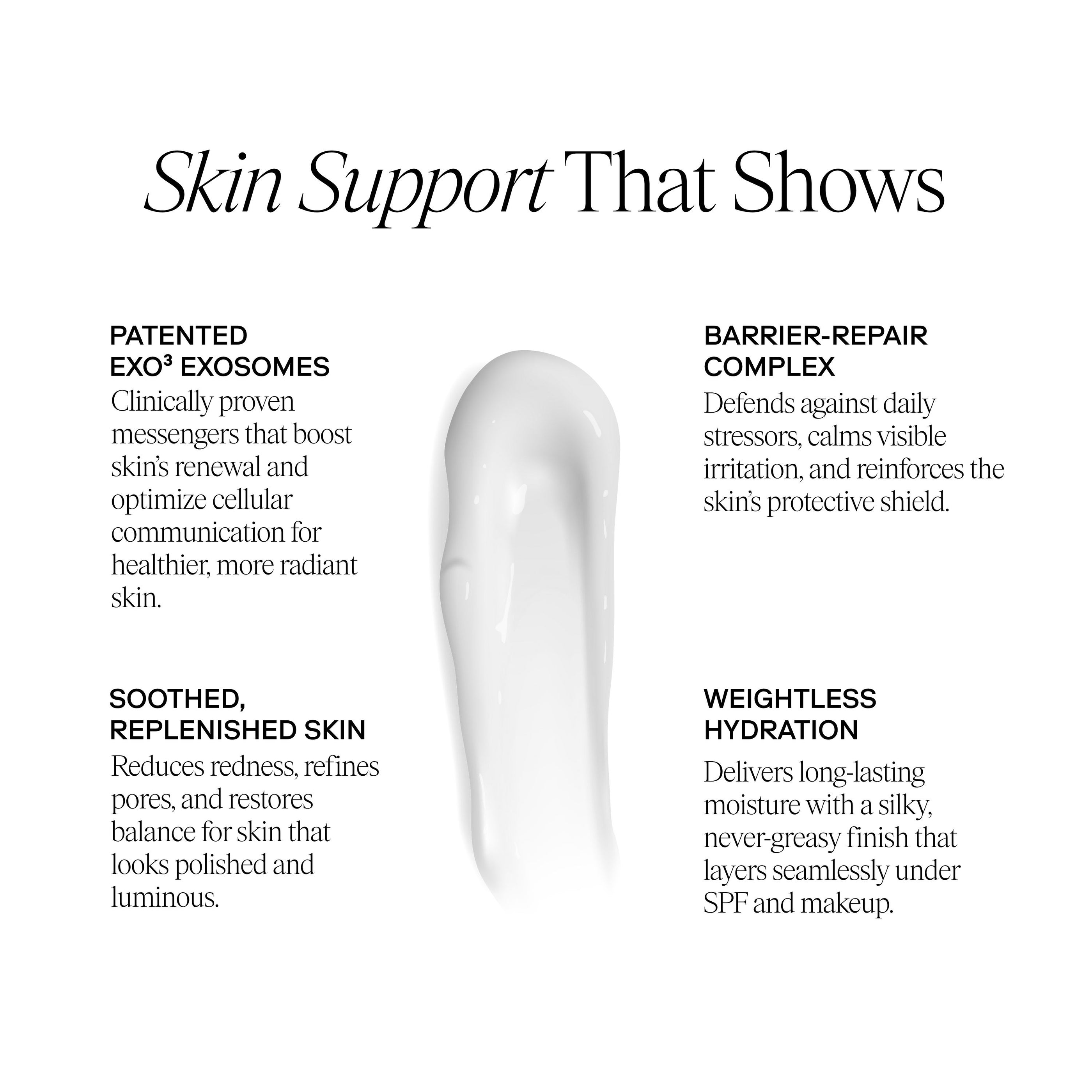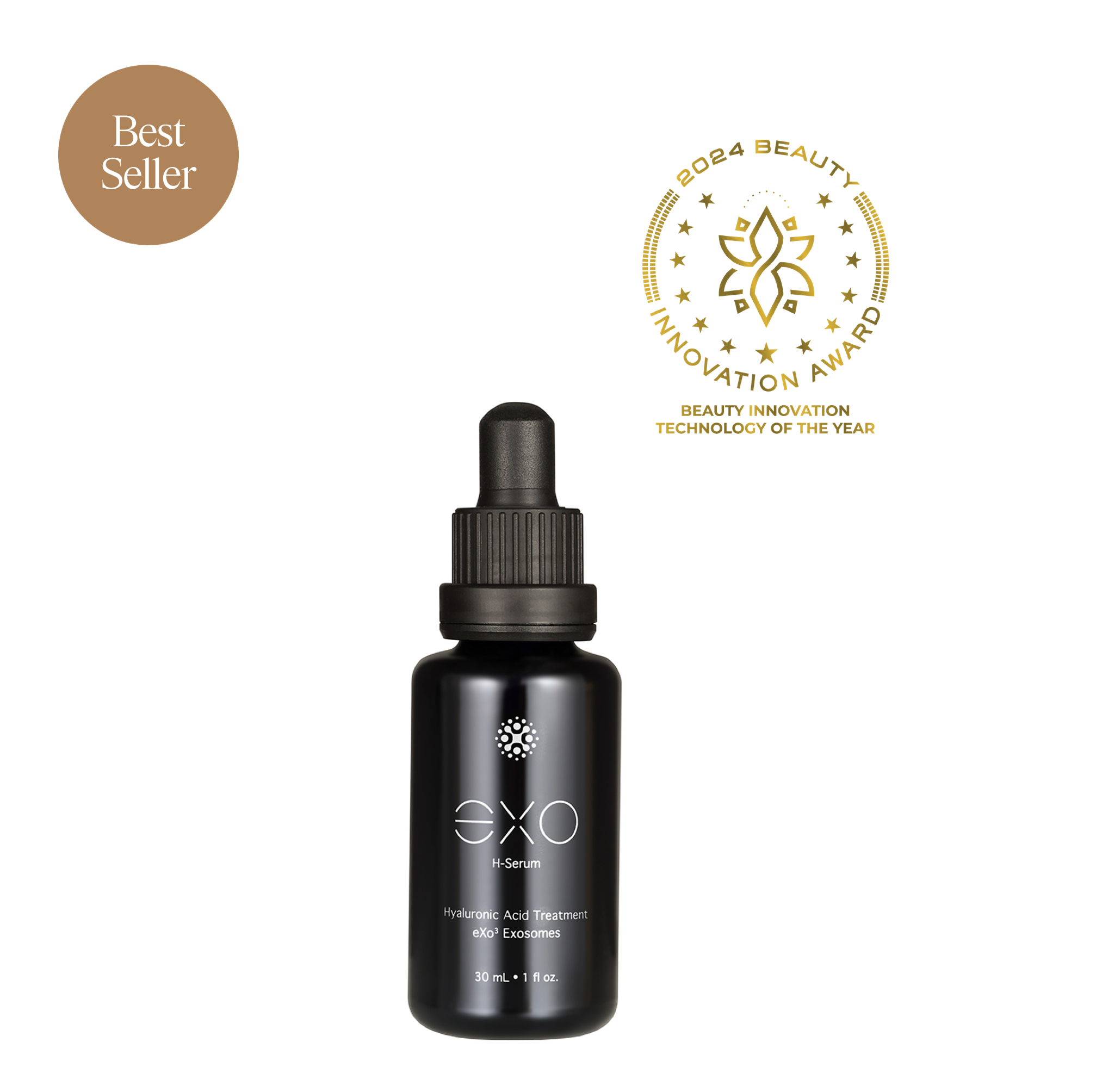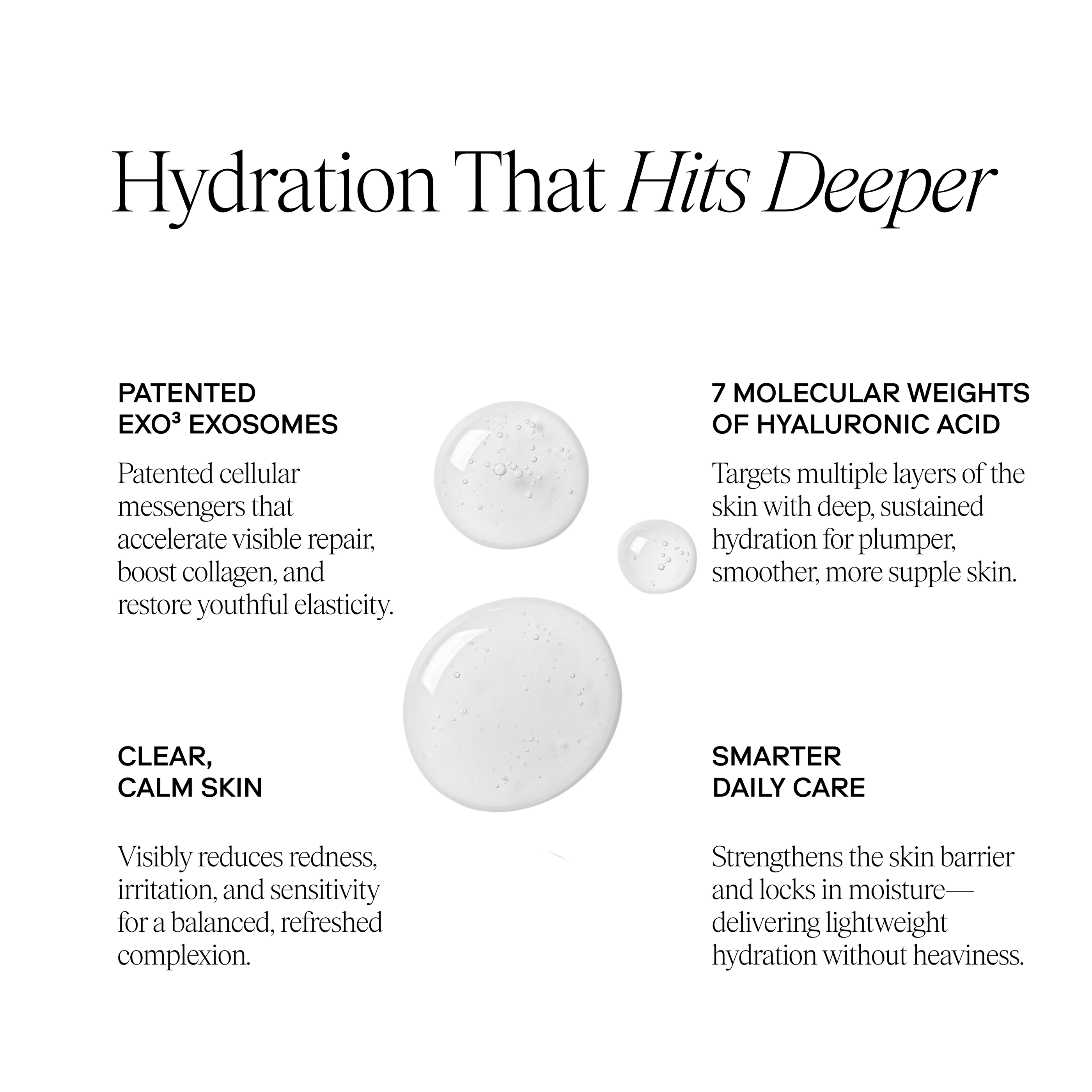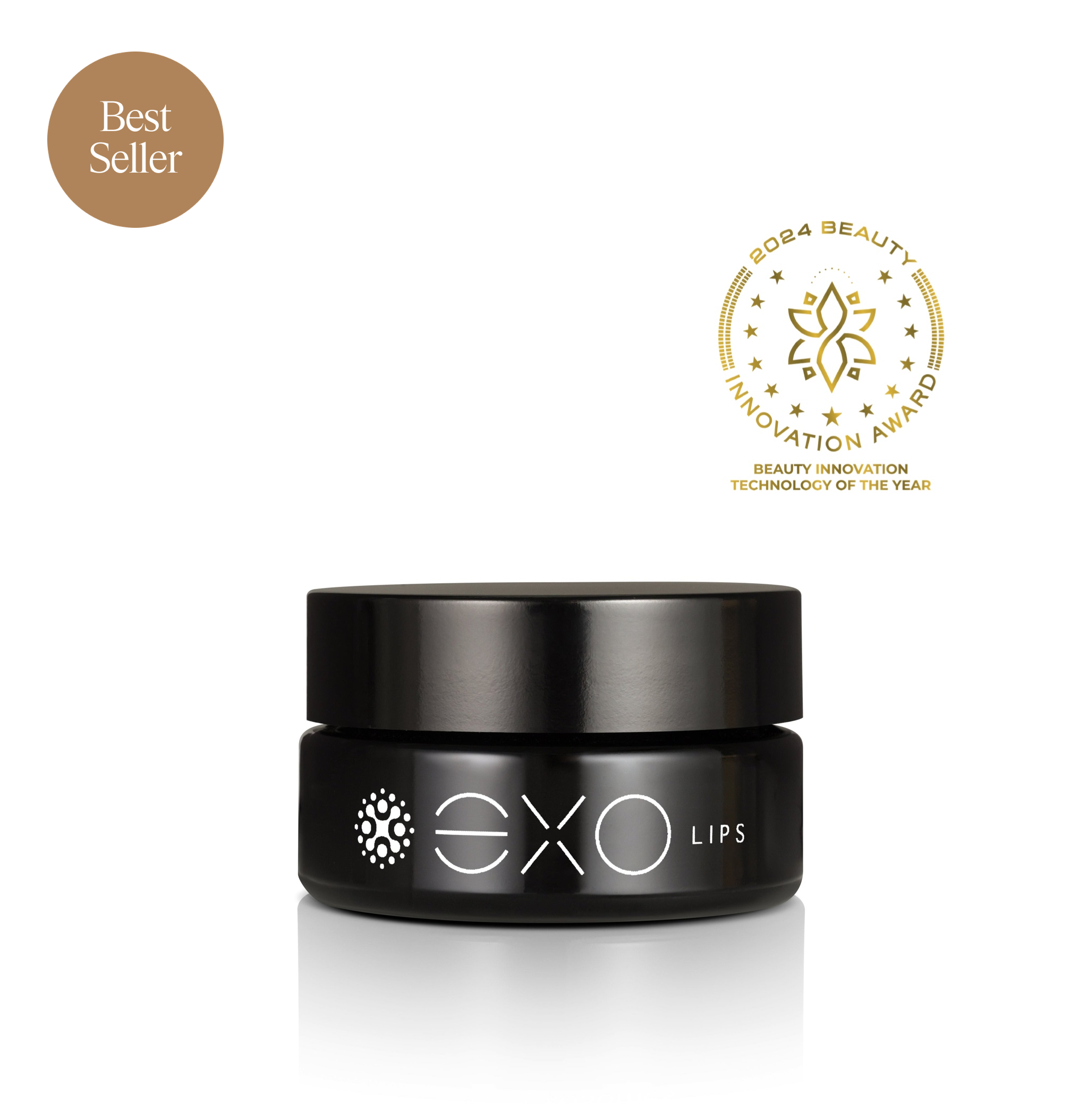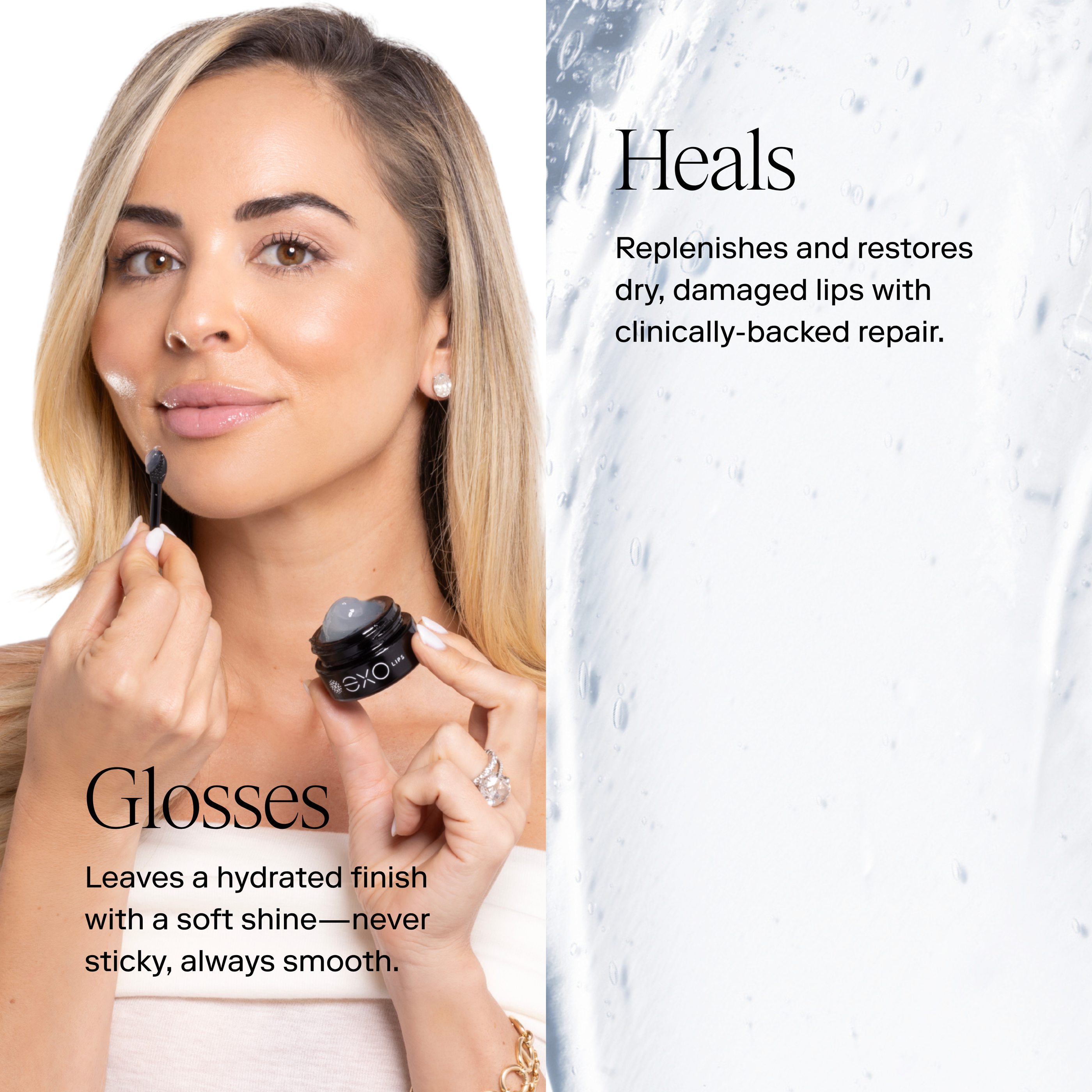In today's fast-paced world, stress has become an unavoidable part of our daily lives. While we often focus on its mental and emotional impacts, stress can significantly affect our largest organ: our skin. Understanding this connection is crucial for maintaining both skin health and overall wellness.
The Science Behind Stress and Skin
When we experience stress, our bodies release cortisol, often called the "stress hormone." This hormone triggers a cascade of physiological responses that can directly impact our skin's appearance and health. Elevated cortisol levels can increase oil production, reduce skin barrier function, and slow down skin healing processes.
Common Stress-Related Skin Issues
1. Acne Flare-Ups
Stress-induced hormonal changes can lead to increased sebum production, making your skin more prone to breakouts. This excess oil combines with dead skin cells and bacteria, potentially resulting in inflammatory acne lesions.
2. Premature Aging
Chronic stress accelerates the aging process through various mechanisms, including the breakdown of collagen and elastin - the proteins responsible for maintaining skin's firmness and elasticity. This can lead to the formation of fine lines, wrinkles, and loss of skin density.
3. Barrier Function Disruption
Stress can compromise your skin's protective barrier, leading to increased sensitivity, dehydration, and vulnerability to environmental aggressors. This disruption often manifests as redness, irritation, and a dull complexion.
The Inflammation Connection
Chronic stress triggers systemic inflammation in the body, which can manifest in the skin as redness, sensitivity, and exacerbation of existing conditions like eczema, psoriasis, and rosacea. This inflammation can persist long after the initial stressor has passed, creating a cycle of skin concerns.
Breaking the Stress-Skin Cycle
Addressing stress-related skin issues requires a holistic approach that combines proper skincare with stress management techniques. Here are essential steps for maintaining skin health during stressful periods:
- Maintain a consistent skincare routine with gentle, non-irritating products
- Incorporate stress-reducing activities like meditation or yoga into your daily routine
- Stay hydrated and maintain a balanced diet rich in antioxidants
- Get adequate sleep to allow your skin's natural repair processes to function optimally
- Consider using products with adaptogenic ingredients that help skin resist stress

The Role of Advanced Skincare Solutions
Modern skincare technology has evolved to address the specific challenges of stress-affected skin. Advanced formulations containing ingredients like niacinamide, ceramides, and peptides can help strengthen the skin barrier and combat the visible signs of stress. Particularly effective are products that combine barrier-supporting ingredients with gentle exfoliants to promote cell turnover while maintaining skin health.
Prevention and Long-term Care
While treating stress-related skin issues is important, prevention is equally crucial. Incorporating protective ingredients like antioxidants and UV filters into your daily routine can help shield your skin from stress-induced damage. Additionally, using products with proven barrier-repair ingredients can help maintain skin resilience during challenging times.
When to Seek Professional Help
If stress-related skin issues persist despite your best efforts, consulting with a skincare professional can provide valuable insights and personalized solutions. They can assess your specific concerns and recommend targeted treatments that address both the visible symptoms and underlying causes of stress-related skin problems.
Understanding Your Skin's Microbiome
Recent research has shown that stress can significantly impact your skin's microbiome - the delicate ecosystem of beneficial bacteria that helps maintain skin health. When stress disrupts this balance, it can lead to various skin issues. Supporting your skin's microbiome with probiotic and prebiotic skincare products can help maintain this crucial balance.
The Impact of Digital Stress
In our increasingly digital world, extended screen time can contribute to skin stress through blue light exposure and increased tension in facial muscles. Consider using blue light protection products and practicing regular facial exercises or massage to counteract these modern stressors.
Seasonal Considerations
Stress-related skin issues can be particularly challenging during seasonal changes. Adjust your skincare routine accordingly, increasing hydration during winter months and focusing on protection during summer. Pay special attention to how your skin reacts to stress during these transitional periods.
Conclusion
Understanding the intricate relationship between stress and skin health is the first step toward maintaining a healthy, radiant complexion. By implementing a comprehensive approach that addresses both skin care and stress management, you can help your skin maintain its natural resilience and beauty, even during life's most challenging moments.

